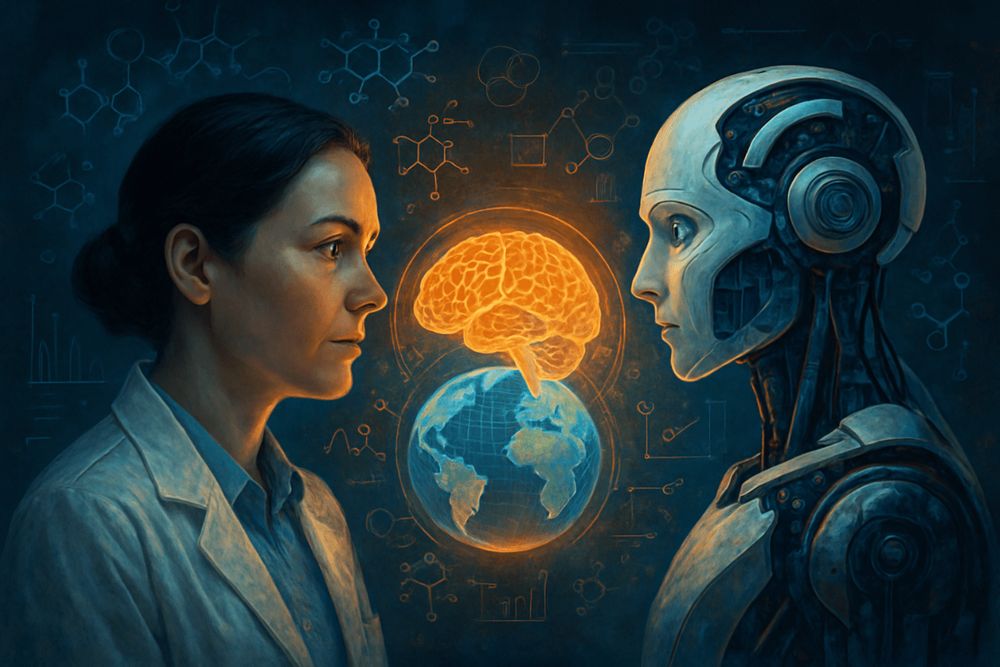


#YannLeCun

#YannLeCun



And it raises a fundamental, uneasy question: How do you audit a medical tool that is constantly rewriting itself? #AIinHealthcare

And it raises a fundamental, uneasy question: How do you audit a medical tool that is constantly rewriting itself? #AIinHealthcare











Bias in training data can lead to disparities if models are not inclusive of diverse populations. #AIinHPV #AIinCancerResearch #CancerResearch #AIinMedicine AIinCervicalCancer #HPVinMen

Bias in training data can lead to disparities if models are not inclusive of diverse populations. #AIinHPV #AIinCancerResearch #CancerResearch #AIinMedicine AIinCervicalCancer #HPVinMen





#Experiential AI #IntheSpotlight

#Experiential AI #IntheSpotlight

